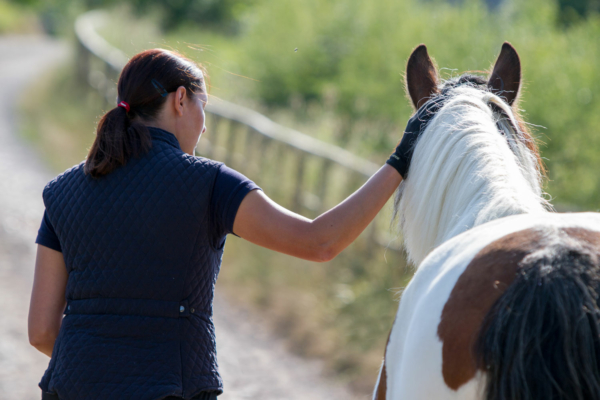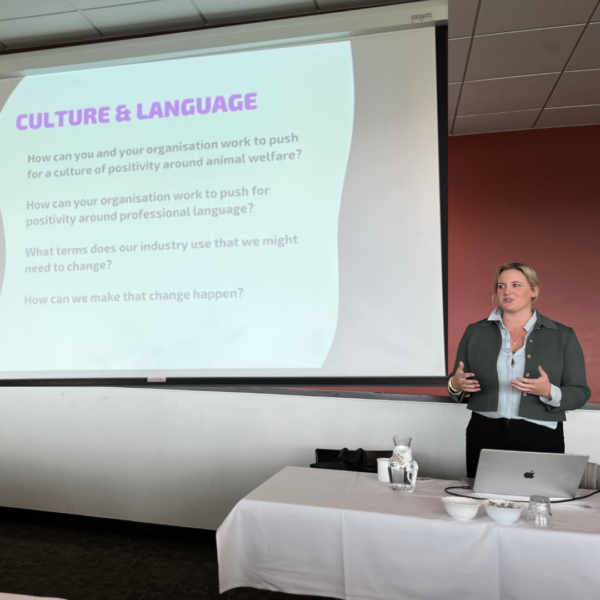
PHOTO: www.worldhorsewelfare.org
Simply put, “Social Licence to Operate” [SLO] is the concept of ongoing local community and public approval or social acceptance of activities, where disapproval may threaten its ongoing future existence.
SLO is often shorthand for broad acceptability, according to Sport NZ. However, in an era when public acceptability can change quickly, “sport and recreation can’t rely, as they have previously, on broad acceptability of past activities and practices.”
At last month’s ES Horse Welfare hui hosted by ESNZ, Professor Natalie Waran explained how there was growing public concern over global challenges such as climate change, resource use and animal welfare.
As a result, the FEI instigated a new independent ‘Social Licence’ Commission to address societal concerns related to the use of horses in sport. At the inaugural meeting, members decided that the name, Equine Ethics and Wellbeing Commission, better reflects the aims and mission of the group’s work.
“Although many sports are under similar pressure (albeit for different reasons) to enhance their social license to operate, it’s important to recognise that equestrian sport is unique, in that it involves the use of an animal who is viewed as particularly vulnerable especially where there may be competing priorities,” she says.

Founder of Kick Up for Kiwis, Vicky Leonard.
Last week, members of the New Zealand Thoroughbred Racing fraternity met with Vicky Leonard, Founder of Kick Up for Kiwis to discuss how to dispel myths that threatened the ongoing future existence of the sport in the context of SLO. Workshops were held in Matamata, Palmerston North and Karaka in South Auckland.
Vicky discussed the science and psychology of social change – particularly in the age of social media – plus how we can apply that research to our industry and the Kick Up strategy.
She also summarised how change principles had been used to get Kick Up off the ground, what had been tried so far, what had and what hadn’t worked. Role playing included discussions on how to educate non-racing friends about horse racing and how to utilise the three pillars of language and media, marketing and distribution, and research and standards.
The workshop concluded with support for the community network, setting specific targets for the three pillars, and engaging volunteers/key people to help with execution of the message.
ESNZ Chief Executive Julian Bowden says maintaining social licence is critical to the future of all equestrian sports and activities, and he sees ESNZ’s role as pivotal to the education and advocacy across the sector.
“As public awareness continues to grow around animal welfare issues, the responsibility belongs with all equine groups and horse owners to ensure our horses have the good life they deserve. As a sector we must come together to ensure that the wellbeing of horses is front and centre of our attention and there is transparency and accountability in the system,” he says.
ESNZ will bring readers regular updates on SLO and horse welfare, supported by our Official Horse Welfare Partners, IRT.